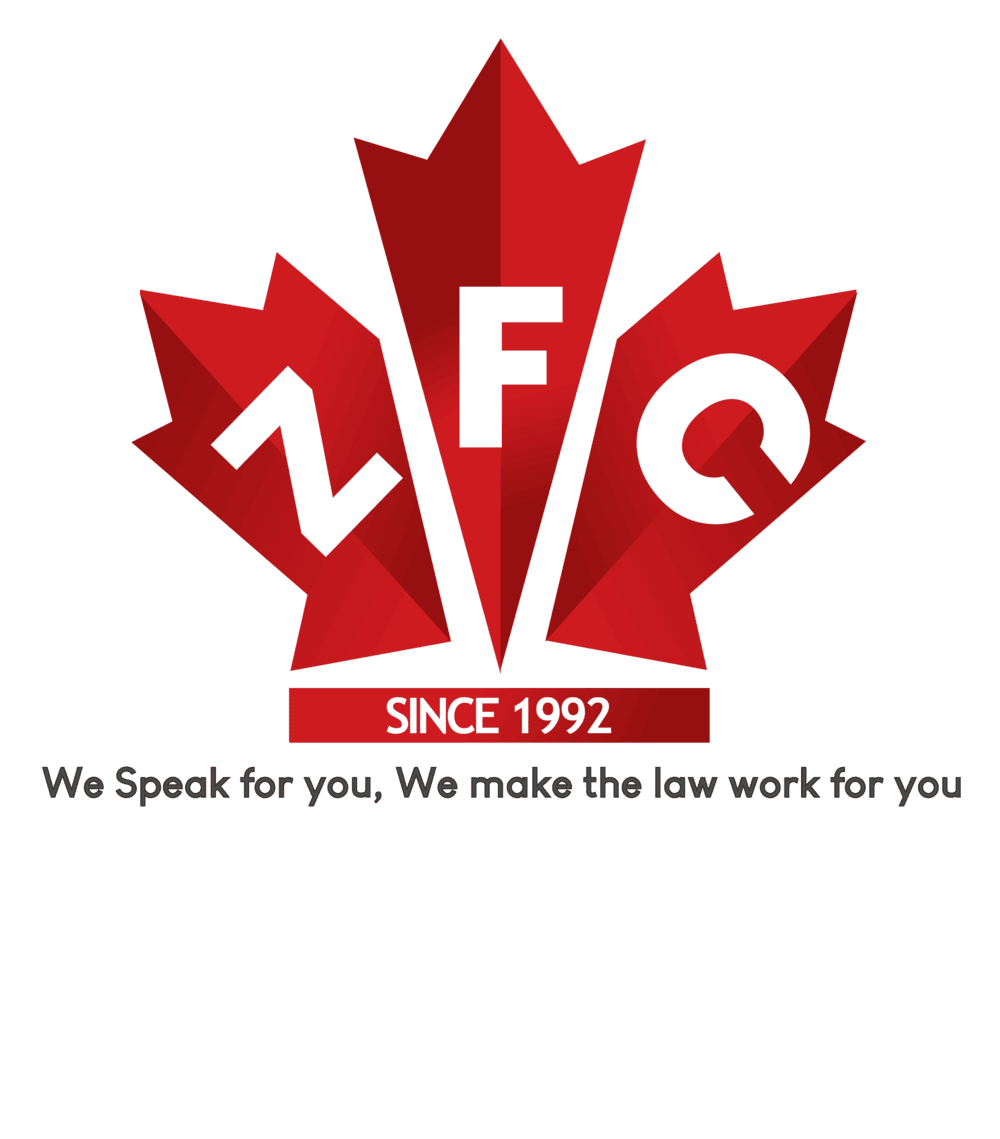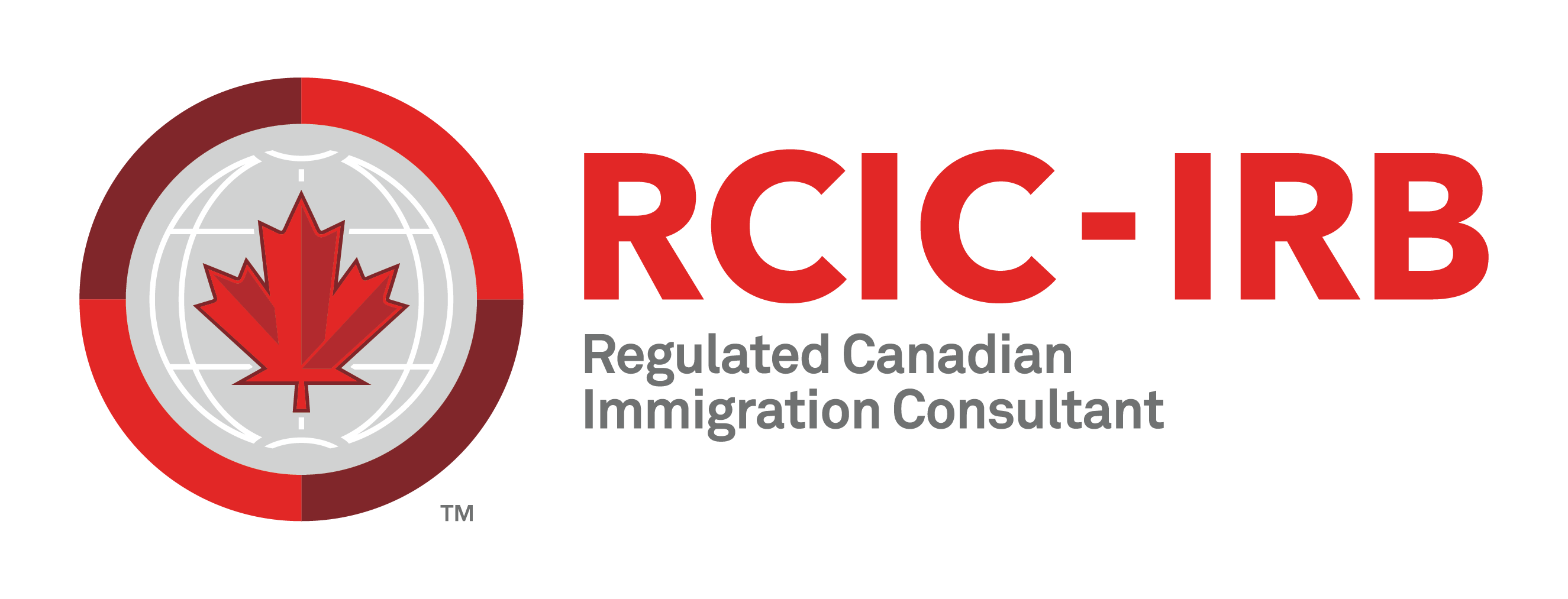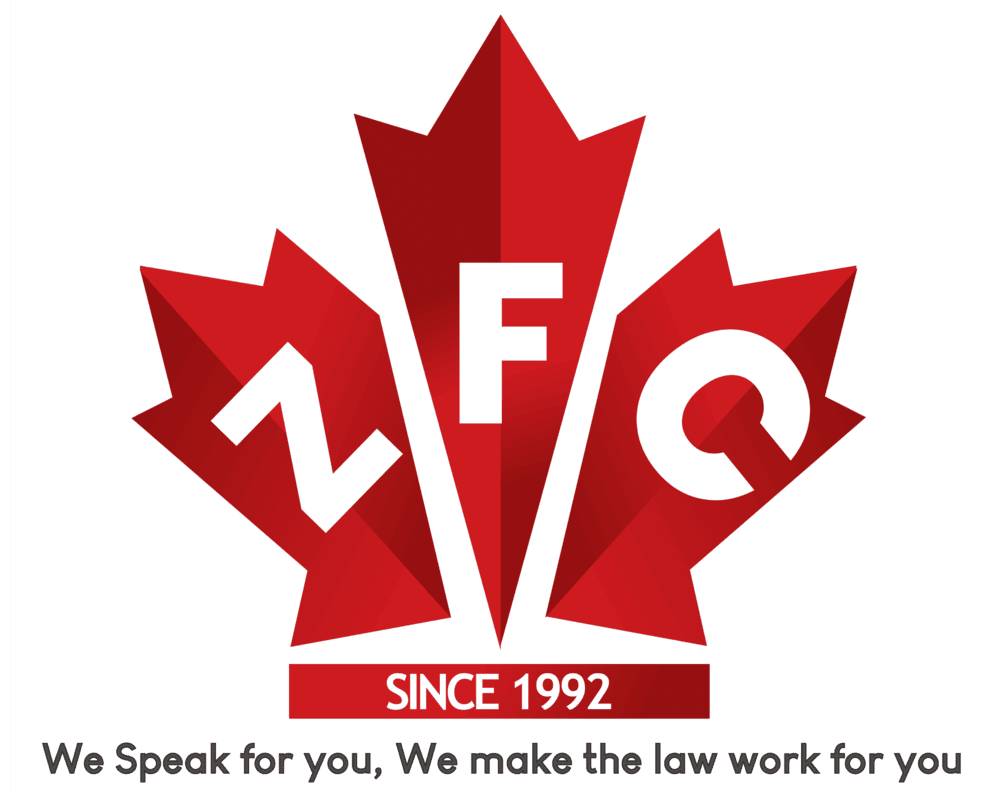Last Updated On 11 June 2025, 5:53 PM EDT (Toronto Time)
Conservative Party Leader Pierre Poilievre has urged the Canadian government to impose “severe limits” on population growth, citing concerns over uncontrolled immigration, strained public services, and rising crime.
Speaking to reporters in Ottawa on June 10, 2025, Poilievre criticized the Liberal government’s policies, blaming them for a population boom that he claims has overwhelmed Canada’s infrastructure and borders.
This article dives into Poilievre’s controversial stance, the Liberal government’s response, Canada’s population surge, and what it all means for the nation’s future.
Table of Contents
Pierre Poilievre, the outspoken leader of Canada’s Conservative Party, didn’t mince words during a press conference in the House of Commons.
“We want severe limits on population growth to reverse the damage the Liberals did to our system,” he declared.
Poilievre pointed to what he described as an “out-of-control” population increase, fueled by lax immigration policies under the Liberal government.
He argued that unchecked growth has led to a cascade of issues, including a porous border, a rise in illegal activities like drug trafficking and human smuggling, and strained public resources.
While Poilievre’s remarks sparked immediate attention, he declined to take follow-up questions from journalists, leaving many wondering about the specifics of his proposed “severe limits.”
The Conservative Party has yet to provide detailed clarification, despite outreach from media outlets.
This lack of detail has fueled speculation about whether Poilievre’s plan targets specific categories, such as temporary or permanent residents, or if it signals a broader policy shift.
To understand Poilievre’s concerns, it’s essential to examine Canada’s recent population trends.
According to Statistics Canada, the country’s population grew by nearly 9% between 2021 and 2024, reaching a milestone of 41 million people in March 2024.
This marks the fastest domestic population growth in over six decades, driven largely by high levels of immigration.
Under the leadership of former Prime Minister Justin Trudeau, Canada welcomed 500,000 permanent residents annually in recent years.
Additionally, temporary residents, including international students and temporary workers, accounted for 6.5% of the population.
This influx has contributed to vibrant cultural diversity and economic growth but has also strained housing, healthcare, and public infrastructure, particularly in urban centers like Toronto and Vancouver.
In response to mounting pressure, the Liberal government, led by Trudeau, announced plans in 2024 to scale back immigration.
The target for permanent residents will drop by 21% to 395,000 in 2025, with further reductions to 380,000 in 2026 and 365,000 in 2027.
Temporary resident admissions will also be capped at 5% of the population by the end of 2026.
These measures aim to ease the pressure on Canada’s resources while maintaining a commitment to immigration.
Prime Minister Mark Carney, who assumed office following Trudeau, has largely endorsed these targets.
In a mandate letter to his cabinet, Carney emphasized the need to return immigration to “sustainable levels.”
His approach signals continuity with Trudeau’s policies, focusing on balancing economic needs with the capacity of public services.
However, Carney’s government has yet to respond directly to Poilievre’s call for “severe limits,” leaving room for political debate as the 2025 election looms.
Poilievre’s remarks align with the Conservative Party’s election platform, which promised to reduce permanent immigration to levels seen under former Prime Minister Stephen Harper.
During Harper’s tenure from 2006 to 2015, Canada admitted between 240,000 and 400,000 permanent residents annually, with numbers peaking at 285,400 in 2015.
However, it’s unclear whether Poilievre’s proposal refers to an absolute reduction to these figures or a rate proportional to today’s population of 41 million.
The Harper government’s policies were often framed as cautious, prioritizing economic immigrants and family reunification while maintaining strict border controls.
Poilievre appears to draw inspiration from this model, arguing that lower immigration levels would alleviate pressure on housing, reduce wait times for healthcare, and curb illegal border crossings.
Yet, without specific targets, his call for “severe limits” remains open to interpretation.
Canada’s immigration policies have long been a cornerstone of its identity as a welcoming, multicultural nation.
Immigration has fueled economic growth, addressed labor shortages, and enriched cultural diversity.
However, the rapid population surge has sparked a heated debate about sustainability.
Critics of high immigration levels, including Poilievre, argue that Canada’s infrastructure cannot keep pace with the influx, leading to housing shortages, overcrowded schools, and strained healthcare systems.
On the other hand, proponents of immigration highlight its economic benefits.
Newcomers contribute to the workforce, start businesses, and pay taxes, helping to sustain Canada’s aging population.
Reducing immigration too drastically could harm industries like construction, healthcare, and technology, which rely on skilled workers from abroad.
Additionally, international students, a significant driver of temporary resident growth, generate billions in economic activity through tuition and living expenses.
Poilievre’s rhetoric about “open borders” and illegal activities has also raised eyebrows.
While border security is a legitimate concern, experts note that Canada’s immigration system is highly regulated, with rigorous screening processes for permanent and temporary residents.
Claims of widespread illegal migration or human trafficking require substantiation, which Poilievre has yet to provide.
Poilievre’s comments have ignited a firestorm of reactions across Canada.
On social media platforms like X, opinions are polarized.
Some users applaud Poilievre’s stance, citing concerns about housing affordability and job competition.
“Finally, someone is addressing the elephant in the room,” one X user posted.
Others, however, criticize his rhetoric as divisive, arguing that immigration is essential to Canada’s growth.
“Poilievre’s fear-mongering ignores the contributions of newcomers,” another user wrote.
As the 2025 federal election approaches, immigration is poised to be a central issue.
Poilievre’s call for “severe limits” positions the Conservatives as the party of restraint, appealing to voters frustrated by rising costs and crowded cities.
Meanwhile, the Liberals, under Carney, must defend their immigration record while addressing public concerns about sustainability.
The New Democratic Party (NDP) and other opposition groups have yet to weigh in fully, but their stances could shape the debate further.
The Broader Context: Global Trends in Immigration Policy
Canada’s immigration challenges are not unique.
Across the globe, nations are grappling with the balance between welcoming newcomers and managing domestic pressures.
In the United States, immigration remains a divisive issue, with debates over border security and visa programs.
In Europe, countries like Germany and France face similar tensions, as population growth strains public services and fuels populist rhetoric.
Poilievre’s proposal to curb population growth aligns with a broader trend of tightening immigration policies in developed nations.
However, Canada’s unique demographic challenges—an aging population and low birth rate—make immigration a critical tool for economic stability.
Reducing immigration too sharply could exacerbate labor shortages and slow economic growth, a risk that policymakers must weigh carefully.
As Poilievre’s remarks continue to reverberate, the Liberal government faces pressure to clarify its immigration strategy.
Carney’s commitment to “sustainable levels” suggests a pragmatic approach, but details remain scarce.
Will the Liberals stick to their planned reductions, or will they adjust targets in response to Poilievre’s challenge?
And how will Poilievre flesh out his vision for “severe limits” in the coming months?
For now, Canadians are left with more questions than answers.
Poilievre’s call for action has thrust immigration into the spotlight, forcing a reckoning with the country’s rapid growth.
Whether his proposal gains traction or fizzles out depends on his ability to articulate a clear, evidence-based plan that resonates with voters.
Canada stands at a pivotal moment in its immigration journey.
The population surge of recent years has brought both opportunities and challenges, from economic vitality to strained public services.
Pierre Poilievre’s demand for “severe limits” on population growth has sparked a crucial conversation about the country’s future.
As the Liberal government and opposition parties navigate this complex issue, Canadians will be watching closely, eager for solutions that balance growth, stability, and inclusivity.
The debate over immigration is far from over, but one thing is clear: the decisions made in the coming years will shape Canada’s identity, economy, and society for generations to come.
Stay tuned with INC News for updates
You may also like: New Canada Workers Benefit Payment Increase Effective July 2025
New GST Payment Increase In Canada Effective July 2025
New Ontario Trillium Benefit Payment to Be Sent on June 10
3 New CRA Benefit Payments for Ontario Residents in June 2025











Leave A Comment
You must be <a href="https://zfcanada.com/wp-login.php?redirect_to=https%3A%2F%2Fzfcanada.com%2F2025%2F06%2F12%2Fpoilievre-calls-for-drastic-immigration-cuts-to-ease-canadas-population-surge%2F">logged in</a> to post a comment.